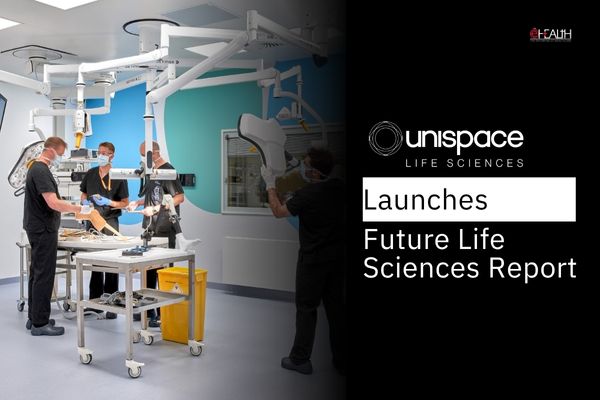
As New Delhi grapples with alarming levels of air pollution, with the Air Quality Index (AQI) frequently breaching the hazardous threshold, a new study presented at the American Heart Association’s 2024 Scientific Sessions underscores the health implications of poor air quality on vulnerable populations. The research, conducted by Intermountain Health, highlights how air pollution exacerbates inflammation in heart disease patients, particularly those with heart failure, emphasizing the urgent need for protective measures.
New Delhi’s Air Quality Crisis
In recent weeks, New Delhi’s AQI has surged past 700 in several areas, primarily due to winter inversions, vehicular emissions, and stubble burning in neighboring states. These pollution events trap harmful particulates and toxins close to the ground, leading to a spike in respiratory and cardiovascular emergencies. The study’s findings align with these concerns, revealing that poor air quality significantly worsens cardiac inflammation in those already suffering from heart disease.

Key Study Findings
The research identified two critical inflammatory biomarkers — CCL27 (C-C motif chemokine ligand 27) and IL-18 (interleukin 18) — that rise significantly in heart failure patients exposed to polluted air. The study also highlighted the inability of heart failure patients to effectively adapt to acute inflammation caused by air pollution, unlike those without pre-existing cardiac conditions.

“These biomarkers rose in response to air pollution in people who already had heart disease, but not in patients who were heart disease free, showing that heart failure patients are not as able to adapt to changes in the environment,” explained Dr. Benjamin Horne, Principal Investigator at Intermountain Health.

Implications for New Delhi’s Vulnerable Populations
The parallels between the study’s findings and the current situation in New Delhi are striking. Prolonged exposure to high AQI levels in the city puts heart disease patients at heightened risk of inflammation, leading to potential complications such as heart attacks, strokes, and worsening heart failure symptoms.

Proactive Measures for Heart Disease Patients
With New Delhi’s air pollution at critical levels, healthcare professionals and policymakers must prioritize immediate and long-term strategies to protect vulnerable groups:
- Monitor AQI and Issue Alerts: Regular updates on AQI levels can guide heart patients to limit outdoor exposure.
- Enhanced Healthcare Access: Clinics and hospitals should prepare for increased admissions by ensuring adequate resources for managing pollution-related exacerbations.
- Promote Indoor Safety: Encouraging the use of air purifiers and sealing windows can help minimize exposure indoors.
- Government and B2B Initiatives: Distribute high-quality N95 masks, especially to heart disease patients, and promote telemedicine services to reduce travel-related exposure.
A Call for Collaboration
The current air quality crisis in New Delhi serves as a wake-up call for stakeholders in the healthcare and environmental sectors. Businesses, hospitals, and government bodies must collaborate to create solutions that address both immediate needs and long-term sustainability challenges. Efforts could include developing accessible air quality monitoring tools, enhancing public awareness campaigns, and investing in healthcare technologies that mitigate pollution’s health impacts.
Also Read: Redcliffe Labs Launches Prediabetes Risk Checker to Empower Preventive Diabetes Care
The Bigger Picture
As urban centers like New Delhi face rising air pollution levels, this study bridges the gap between environmental and healthcare challenges. It reiterates the critical role of innovative, collaborative solutions in protecting at-risk populations, particularly those with chronic health conditions like heart disease. For a city already battling a public health crisis, the time to act is now.
The findings highlight not only the need for targeted healthcare interventions but also the urgency of addressing the root causes of air pollution to safeguard public health.
Be a part of history! Express your interest and get featured in our exclusive souvenir, launching at the Bengaluru Tech Summit.
Be a part of Elets Collaborative Initiatives. Join Us for Upcoming Events and explore business opportunities. Like us on Facebook , connect with us on LinkedIn and follow us on Twitter , Instagram.
"Exciting news! Elets technomedia is now on WhatsApp Channels Subscribe today by clicking the link and stay updated with the latest insights!" Click here!
















